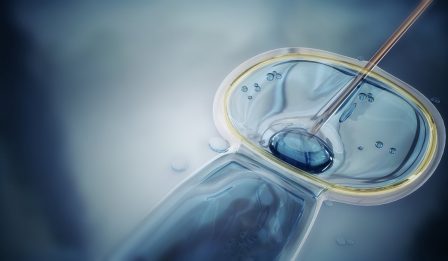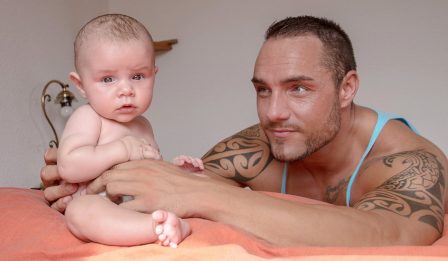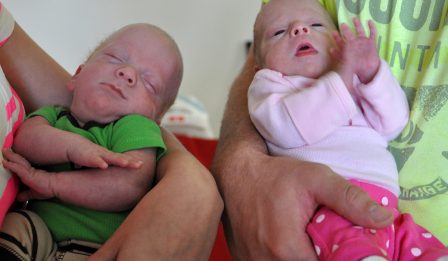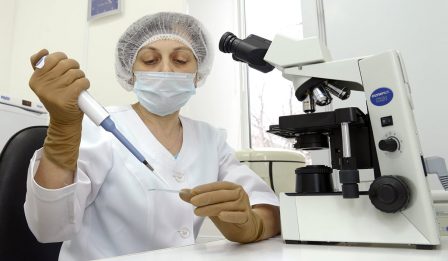
Let’s try to dispel the myths related to intracytoplasmic sperm injection (ICSI).
This article will give you understanding of how intracytoplasmic sperm injection can help with male infertility treatment, what the cost and success rate are.
Moreover, you will find a detailed description of the procedure and discover how to prepare for it.
Read More 
If you have considered all your thoughts and finally decided to apply for in vitro fertilization program, you should be aware of all its possible pitfalls.
But how can you be sure that nothing else will stand between you and your dream to have a desired baby?
Let`s take a closer look at the PGS process, cost and testing procedure. This article will also give you an understanding of the prime preimplantation genetic screening pros and cons.
Read More 
Advanced techniques for infertility treatment are transforming the lives of families worldwide.
They make parenthood a reality for those who once didn’t have hope. The sperm washing process is one of these unique techniques.
It helps couples with fertility problems to conceive genetically related healthy children. It’s also an effective solution for the serodiscordant couples where the man is HIV-positive and the woman is HIV-negative.
Read More 
What is an ideal weight for pregnancy? Are there any restrictions?
Female fertility may be affected by a vast variety of factors, some of which are quite well-known to the general public.
However, there are also other factors in play that you may not be aware of, yet they could be crucial to your ability to conceive a baby.
Read More 
You finally got pregnant, after a few trials, and gave birth to your baby. You managed to accept the fact that you wouldn’t be genetically connected with your child.
After all, you carried that baby for nine months – and the child was yours. The thought that the baby was still half your partner’s, genetically, was somehow comforting.
Yet at this moment, you’re watching your newborn, and the baby doesn’t seem to look like your partner. The baby doesn’t look like your donor either.
Read More 
The moment has come; you were finally able to become pregnant through an IVF procedure with the help of an egg donor.
You can already imagine holding a new-born baby in your arms. However, some unpleasant thoughts might begin to creep into your mind. Is it really my baby? Wouldn’t having a donor egg baby be just like raising an adopted child?
You and your partner are the only reason why this baby will be born.
Read More 
According to the statistics, the level of anxiousness and depression in women suffering from infertility can be compared to those with cancer, HIV, and heart disease.
When it comes to men, they also experience the consequences, such as self-esteem issues and a higher risk of developing anxiety and depression.
However, due to the fact that infertility is not generally seen as a disease, a lot of people find it difficult to understand how it can affect a human being.
Read More 
Our top priority is to support our patients in having the maximum chance of pregnancy success, with the smallest risks.
Women who are 35 and older are increasingly turning to a procedure of single embryo transfer accompanied by comprehensive chromosomal screening (CCS) and enjoying great outcomes.
Fortunately, single embryo transfer significantly reduces the risks linked to multiples and is an excellent choice for many patients.
Read More 
While you may be feeling more than ready to move forward and have a transfer as soon as possible, it’s actually best to wait.
The longer an embryo has to develop, the more likely the embryologist will be able to select the highest quality to transfer.
It also allows time for preimplantation genetic screening (PGS) to screen for genetic abnormalities. A more viable blastocyst means a greater chance of surviving transfer and implantation.
Read More 







